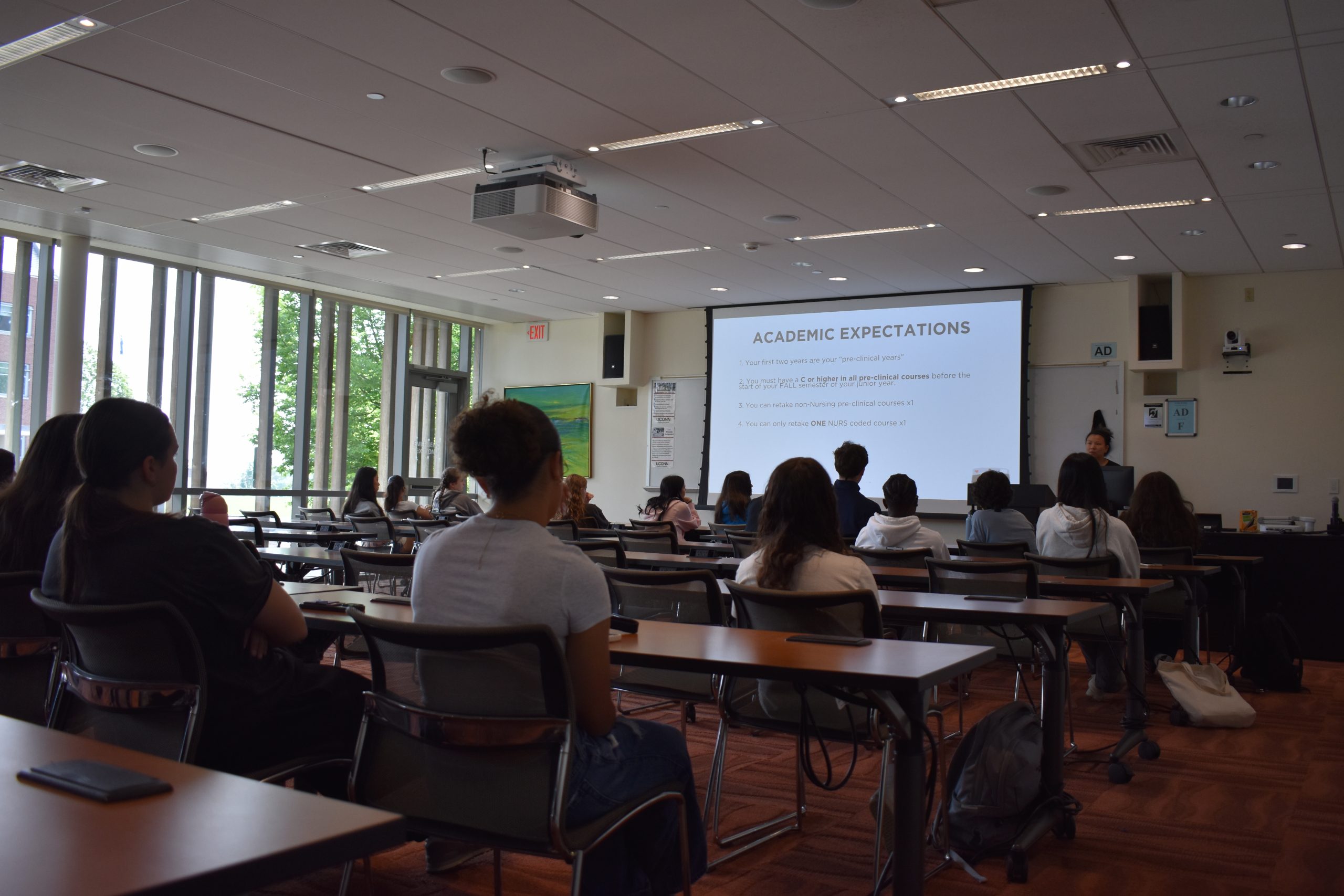A recent study led by researchers at UConn suggests that if Americans directed their food purchases away from meats and other animal proteins, they could help reduce greenhouse gas emissions.
The complex industrial supply chain that produces food generates an estimated 16 percent of U.S. greenhouse gas emissions in 2013, according to the study, published in June in the journal Food Policy.
“We found that households that spend more of their weekly food budget on beef, chicken, pork, and other meats are generating more greenhouse gas emissions,” says Rebecca Boehm, the study’s lead author, a former postdoctoral fellow in the Department of Agricultural and Resource Economics at UConn. “Encouraging consumers to make food choices that are lower in greenhouse gas emissions can make a real difference addressing climate change.” These choices focus on opting for less animal protein in the form of red meat and dairy, and instead choosing proteins that are less carbon-intensive, such as seafood, poultry, and legumes.
The study team included researchers at the UConn Rudd Center for Food Policy and Obesity; UConn Zwick Center for Food and Resource Policy; Tufts University Friedman School of Nutrition Science and Policy; the University of Missouri; and the U.S. Department of Agriculture’s Economic Research Service. Boehm is now working as an economist for the Union of Concerned Scientists in Washington, D.C.


